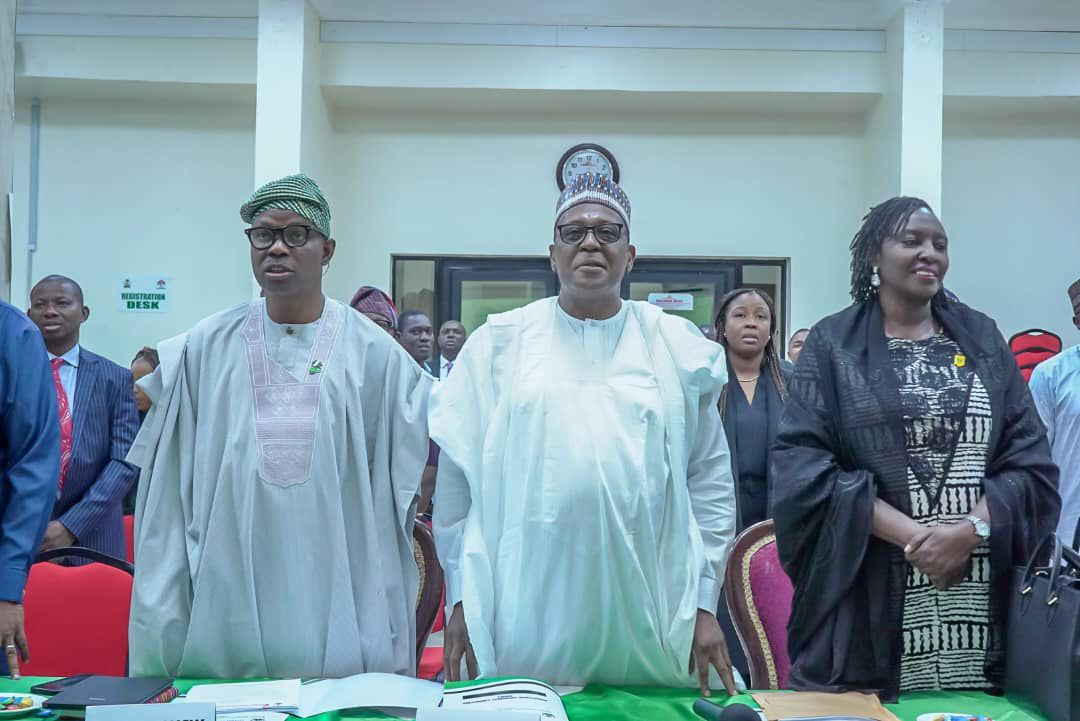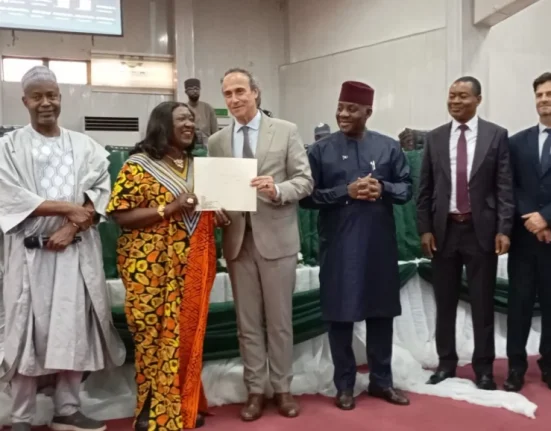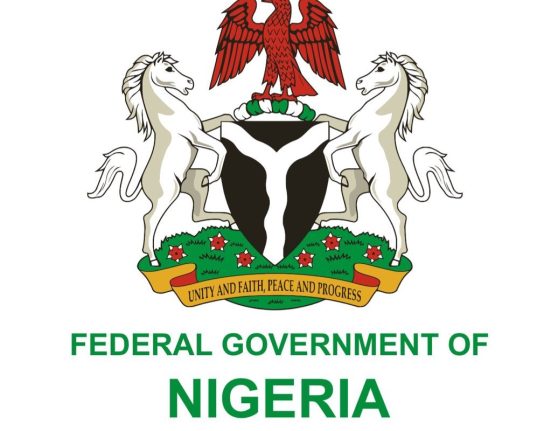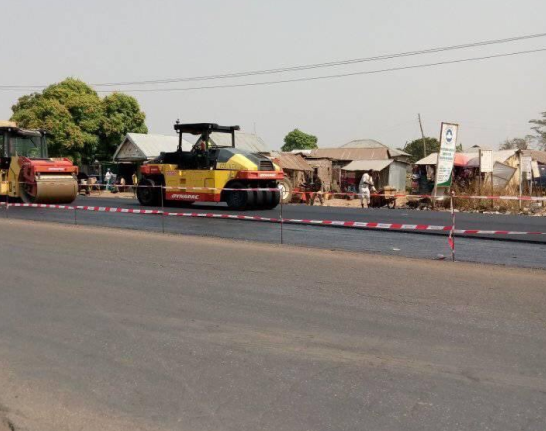Abuja, July 2, 2025 — The Federal Government has approved ₦65 billion for the implementation of the 2025 Basic Health Care Provision Fund (BHCPF), reaffirming its commitment to improving access to quality primary healthcare services across the country.
The approval was made during the 11th expanded meeting of the Ministerial Oversight Committee (MOC) on BHCPF, held in Abuja and chaired by the Coordinating Minister of Health and Social Welfare, Professor Muhammad Ali Pate. The committee disclosed that ₦32.88 billion was already released in the first quarter to cover activities in both Q1 and Q2, in line with the stipulations of the 2020 BHCPF Guidelines.
In addition to the earlier disbursement, the MOC also approved another ₦32.88 billion for the third quarter, which is expected to be disbursed by the end of August or as soon as the funds are formally released.
The committee also unveiled a revised version of the BHCPF implementation guidelines—termed “Guidelines 2.0”—which is expected to commence in the third quarter. The revised framework is designed to enhance coordination, promote transparency, and ensure that funds are efficiently utilised across health facilities nationwide.
As part of ongoing reform, the Federal Ministry of Health announced the deployment of a Mini District Health Information System (Mini-DHIS), scheduled for rollout in July. This digital infrastructure will enable more effective tracking of healthcare service delivery, data reporting, and performance at the primary healthcare level.
The government revealed that approximately 2.65 million Nigerians have so far been enrolled under the BHCPF, with a reach that spans all 36 states and the Federal Capital Territory. Since the fund’s inception in 2019, over ₦74.8 billion has been disbursed to strengthen healthcare delivery, especially in underserved communities.
In his remarks, Professor Pate highlighted that 752 financial officers have been deployed to 98% of the Local Government Areas across the country. Additionally, 1,163 primary health care centres have undergone revitalisation, a move aimed at restoring the functionality of the country’s frontline health infrastructure.
The National Emergency Medical Treatment Committee also reported major progress under the emergency care gateway of the BHCPF. Currently, 25 states have functioning emergency medical structures, and nearly 2,900 beneficiaries have accessed medical services through this intervention channel.
The Federal Government assured that this renewed investment in BHCPF is central to its broader health sector reform agenda, which prioritises equitable access to basic health services, especially for the poor and vulnerable.







